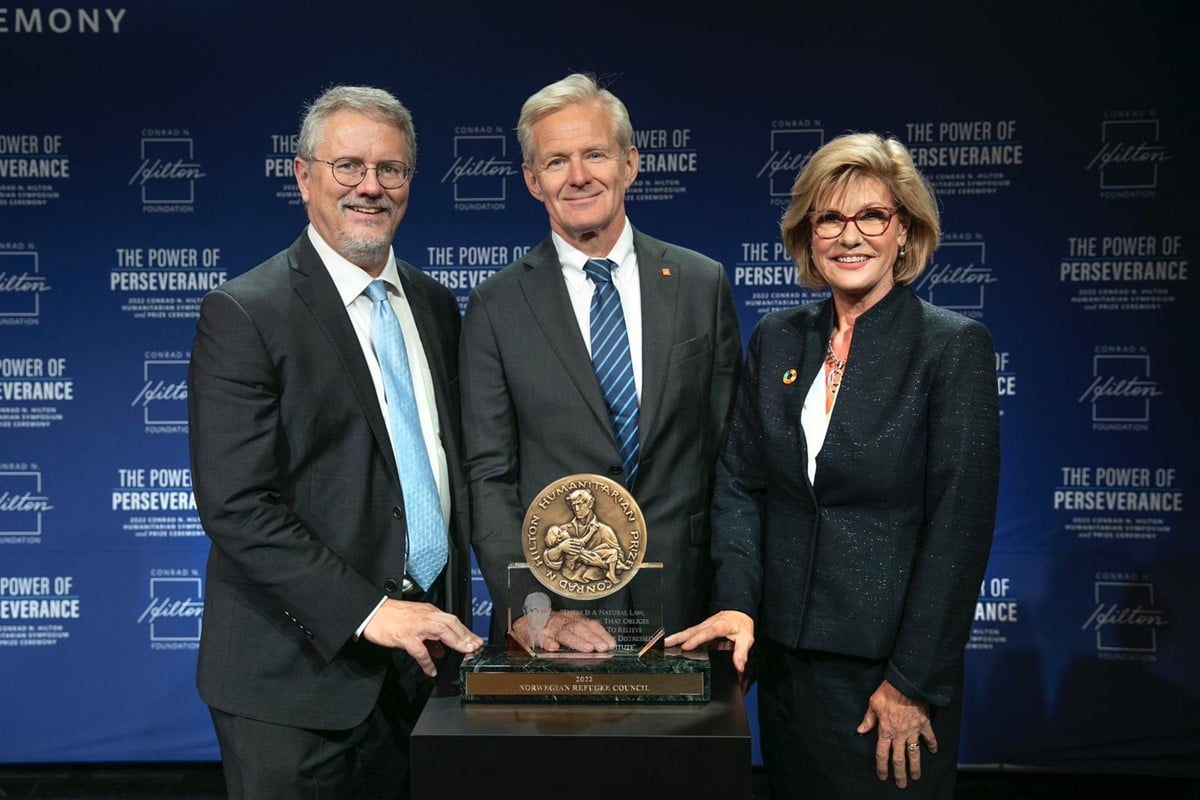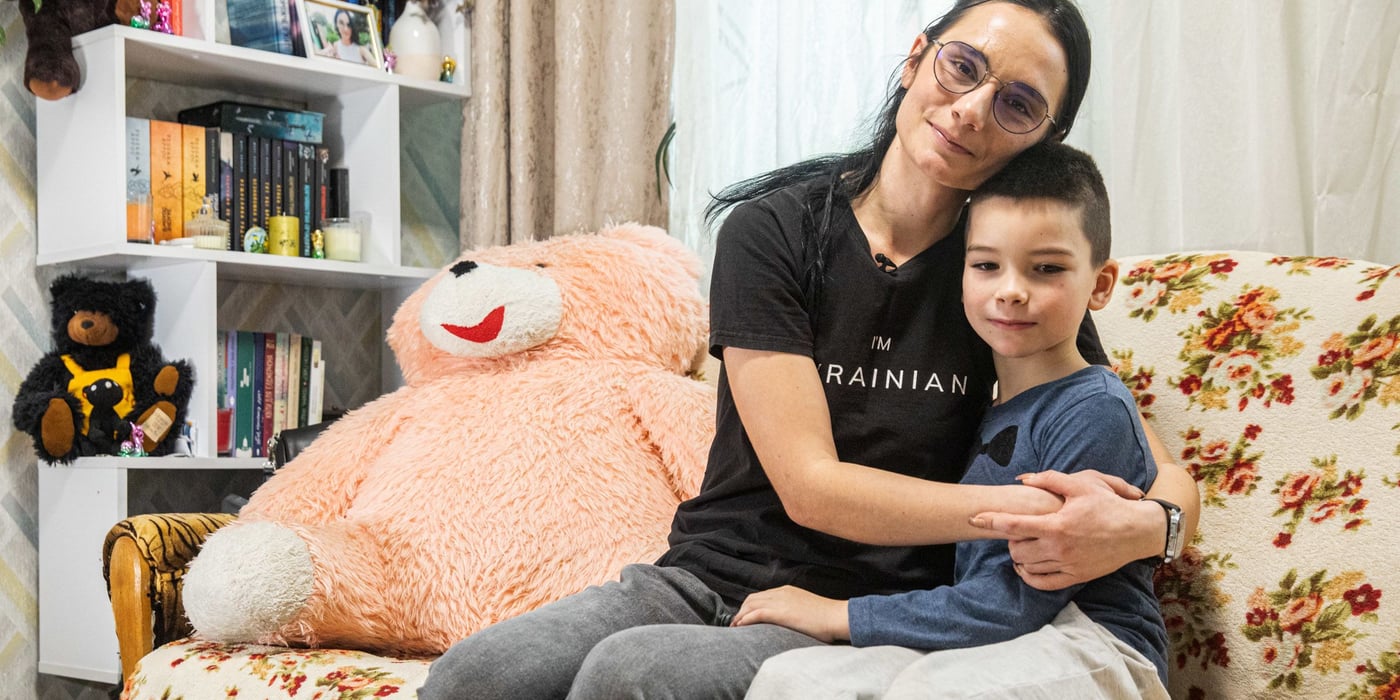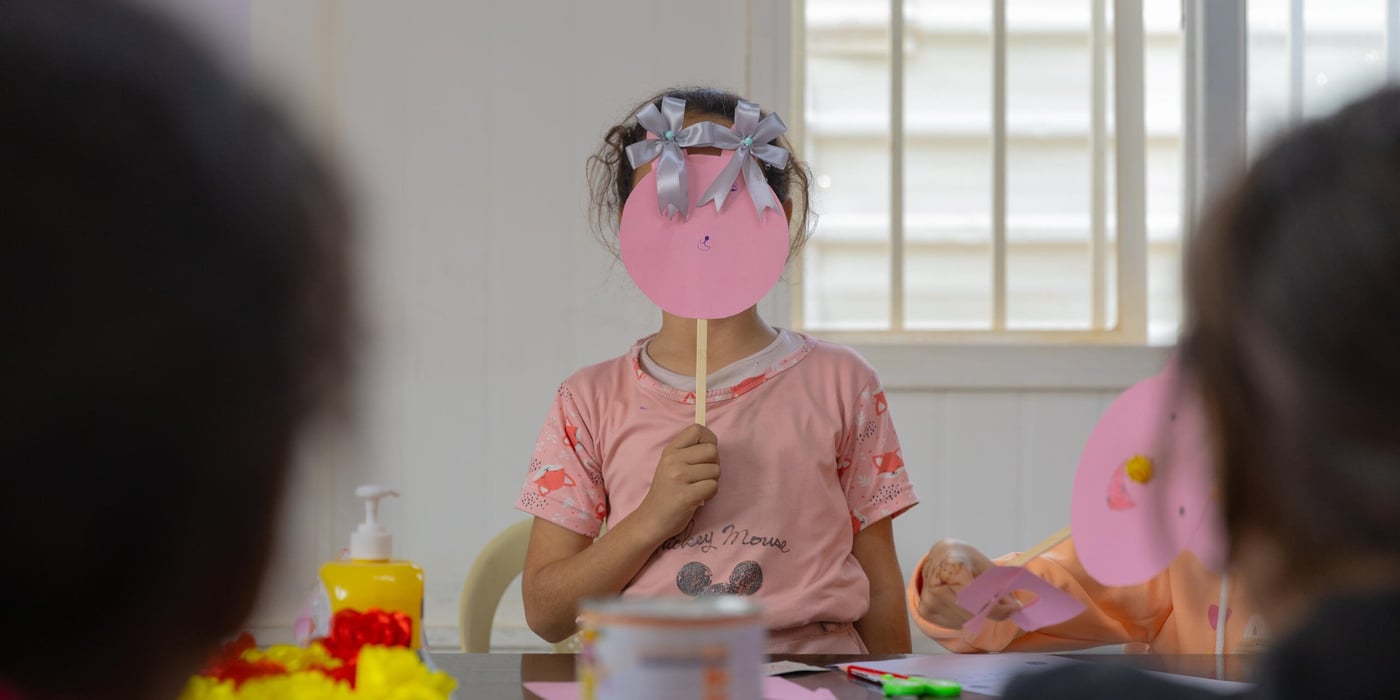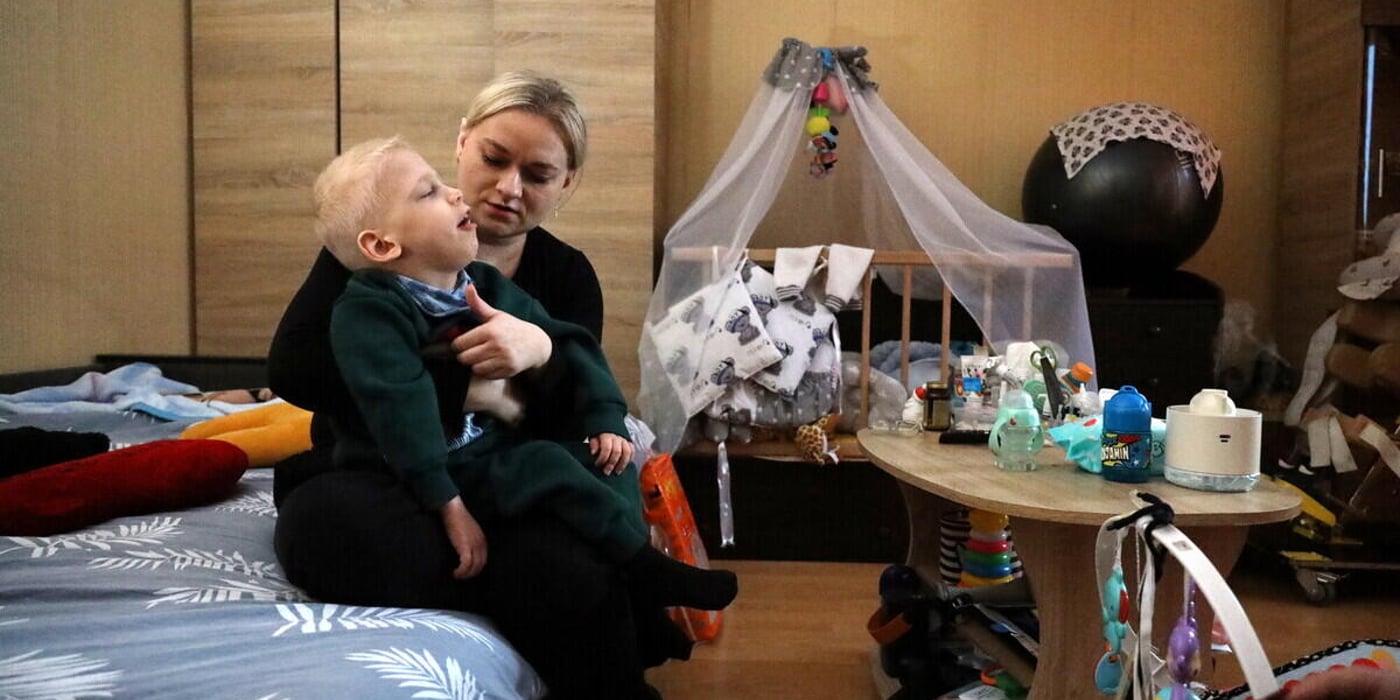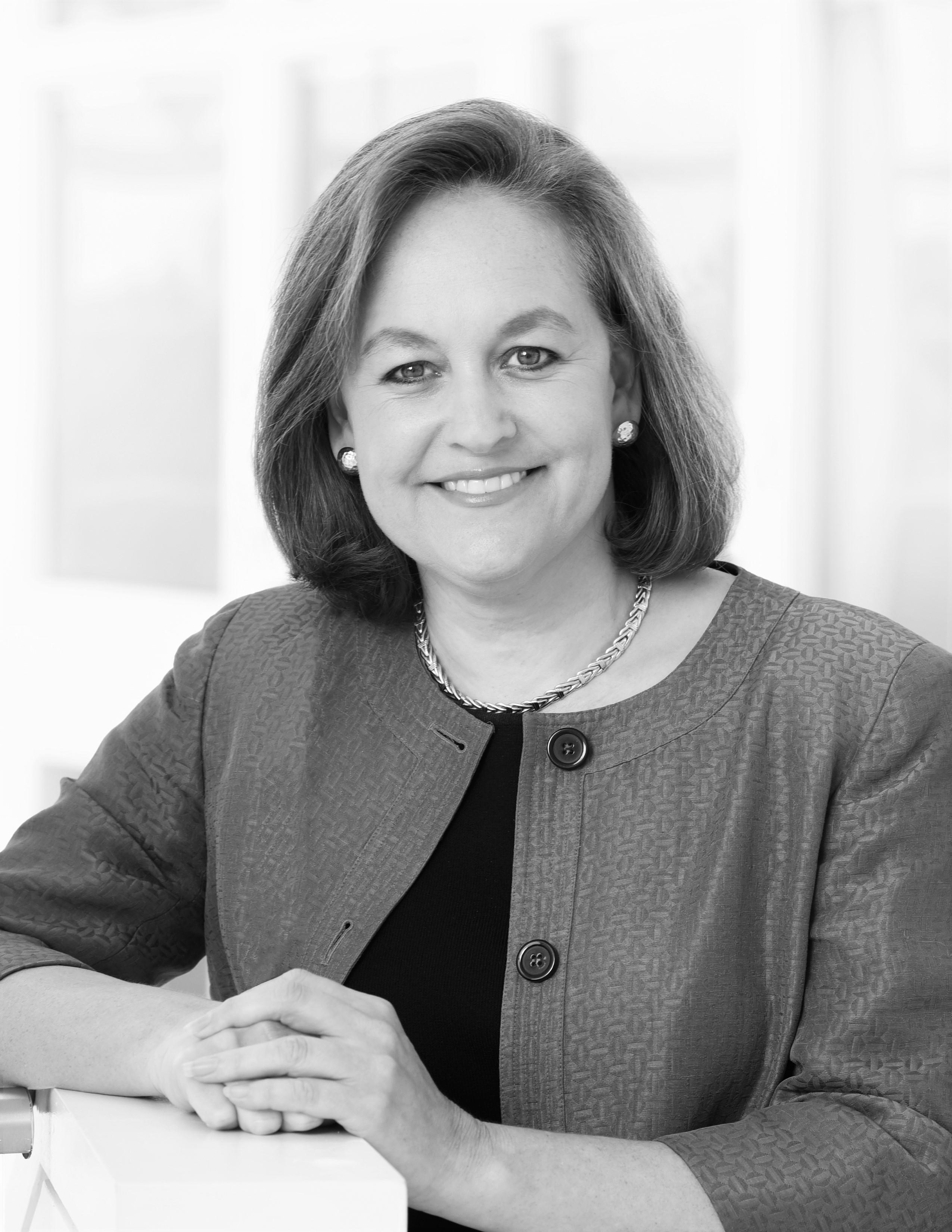 Carla Koppell
Carla Koppell
Carla Koppell serves as the interim NRC USA Board Chair and has almost thirty years' experience working internationally in a wide range of sectors for public, private, and non-governmental organizations. Currently, she is a Distinguished Fellow at the Georgetown University Institute for Women, Peace, and Security and teaches in the School of Foreign Service. She leads a nationwide effort to advance the focus on diversity and inclusion in international affairs and public policy education.
Previously, Ms. Koppell was Vice President of the Center for Applied Conflict Transformation for the United States Institute of Peace (USIP). There she oversaw a suite of global programs including those considering violent extremism, non-violent movements, inclusive societies, peace and humanitarian negotiations, youth inclusion in peace building, and Colombia and Ukraine programming, in addition to Institute publications, grant-making, fellowships, and training. Before joining USIP, Ms. Koppell served as Chief Strategy Officer for the United States Agency for International Development (USAID) where she stewarded long-term planning and performance tracking for the U.S. foreign aid agency. She also served as USAID’s first senior coordinator for Gender Equality and Women’s Empowerment.
Prior to joining USAID, Carla Koppell directed The Institute for Inclusive Security and the Washington, D.C. office of Hunt Alternatives Fund. She also was a senior advisor and interim director of the Conflict Prevention Project at the Woodrow Wilson International Center for Scholars. Earlier in her career, Ms. Koppell served as deputy assistant secretary of international affairs for the U.S. Department of Housing and Urban Development. She also worked for the Food and Agriculture Organization of the United Nations. Ms. Koppell received her M.A. in Public Policy from Harvard University’s Kennedy School of Government in Cambridge, Massachusetts, and her B.S. from Cornell University.
Ger Duany
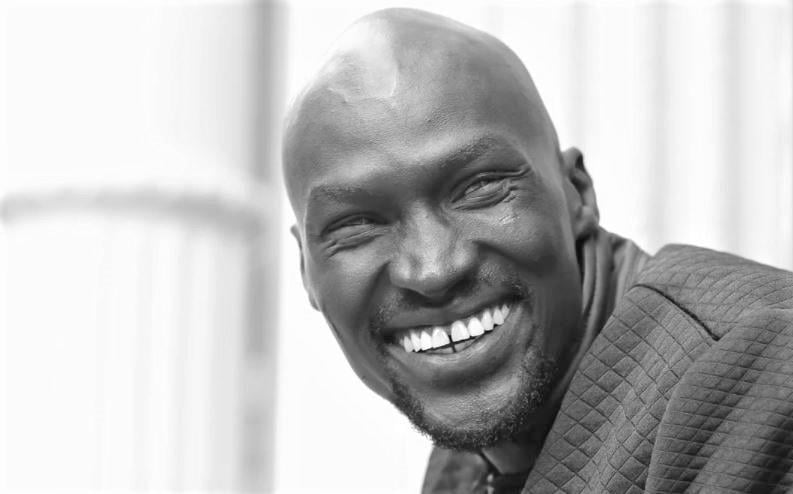 Born in Akobo, South Sudan 42 years ago, Ger Duany is a self-described “village boy”. He remembers his early childhood as a herd boy tending his family’s cattle in the ways of his forefathers. Recollections of roaming vast grassy plains in search of pasture, and of playing in the waters of the White Nile are etched in his memory.
Born in Akobo, South Sudan 42 years ago, Ger Duany is a self-described “village boy”. He remembers his early childhood as a herd boy tending his family’s cattle in the ways of his forefathers. Recollections of roaming vast grassy plains in search of pasture, and of playing in the waters of the White Nile are etched in his memory.
Mr. Duany had his first experience of war at the tender age of seven. It marked the end of his idyllic childhood. His family and community uprooted. At age 13 war separated him from his mother, and like others he resorted to becoming a child soldier as a means of survival during South Sudan’s struggle for independence. Ger became a refugee in Ethiopia and then Kenya and was resettled to the United States from Ifo camp at the youthful age of 15.
In this peculiar environment Mr. Duany struggled. He had to learn to adapt while dealing with post-traumatic stress disorder from life in the war zone. He persevered, went to high school, and developed a love for basketball. “Sports grounded me,” he says. “I often felt frustrated and angry. But I realized that I could not survive that way. So, I learned to quiet my fears. I learned to listen carefully and always to pay attention to very small things.”
Mr. Duany went on to earn a Bachelor of Science in Human Services. He worked hard and built a successful career as an actor, model, and now an author of his memoir "Walk Toward the Rising Sun." He has played a leading role in the American drama film, The Good Lie, which tells the story of three refugees who resettled from Kakuma camp to the United States and their struggles to integrate.
On 20 June 2015, World Refugee Day, UNHCR appointed Mr. Duany as the Goodwill Ambassador for the East and Horn of Africa region. Like many more refugees and former refugees throughout the world, he is driven by the urge to give back to the cause of forced displacement. In his role as UNHCR Goodwill Ambassador, he uses his story and influence to help spread awareness about the plight of refugees and other populations that the UN Refugee Agency serves.
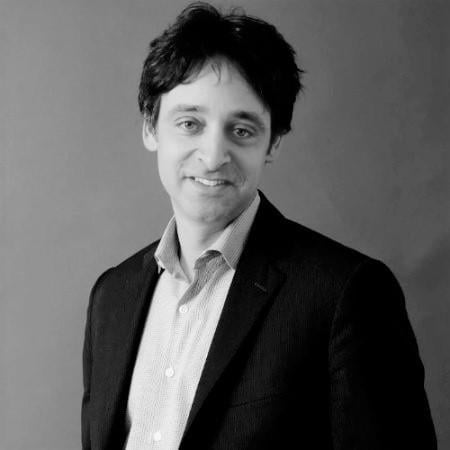 Brian Komar
Brian Komar
Brian Komar is a social impact expert whose career includes leadership roles in the public, private and nonprofit sectors. Brian previously served as Vice President, Global Impact Engagement at Salesforce.org. The team helps advance the stakeholder impact movement by enabling Salesforce.org to measure, manage, and improve their impact and align how best to help their NGO, EDU, and COM customers to do the same.
Brian previously was VP, Marketing and Outreach where he built Salesforce.org’s global marketing and outreach team. Prior to joining Salesforce.org in 2012, Brian drove the go-to-market innovation strategy for Salesforce’s Public Sector team as Director of Industry Solutions. Before joining Salesforce, Brian led social change digital transformation portfolios for nearly twenty years serving in leadership positions at the Center for American Progress and the Leadership Conference on Civil Rights where he was founder of civilrights.org.
Brian has written numerous articles on social change and digital transformation, which have appeared in Triple Pundit, Knowledge@Wharton, The Nation, Sales 2.0, and The Huffington Post. Brian’s innovations work was featured in CRM @ The Speed of Light. Brian holds an MPP in public policy from Georgetown University, a BA from the University of Illinois where he graduated cum laude.
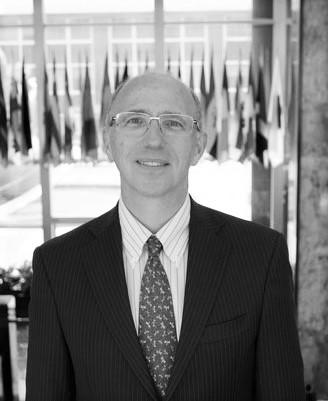 Ambassador Mark C. Storella (ret.)
Ambassador Mark C. Storella (ret.)
Mark Storella is Professor of the Practice of Diplomacy at the Frederick S. Pardee School of Global Studies where he teaches humanitarian affairs, health diplomacy, multilateral diplomacy and diplomatic negotiation and theory.
As a career diplomat for over thirty years, Mark Storella was US Ambassador to Zambia, Deputy Assistant Secretary of State for Population, Refugees, and Migration, and Dean of the State Department’s Leadership and Management School. In the State Department refugee bureau, he oversaw the US, refugee admissions program and US humanitarian assistance in Asia and the Middle East. He also was Deputy Permanent Representatives to the UN in Geneva where he was the first US representative to the UN Human Rights Council, Counselor for Humanitarian Affairs in Geneva and Senior Coordinator for Iraqi Refugees and IDPs in Baghdad.
Ambassador Storella began his work with refugees as a student volunteer helping resettle Southeast Asian refugees in the Boston area.
Ambassador Storella received his AB from Harvard College and his MALD from the Fletcher School of Law and Diplomacy at Tufts University. He has written on such diverse subjects as humanitarianism in conflict situations, global health and multilateral diplomacy.
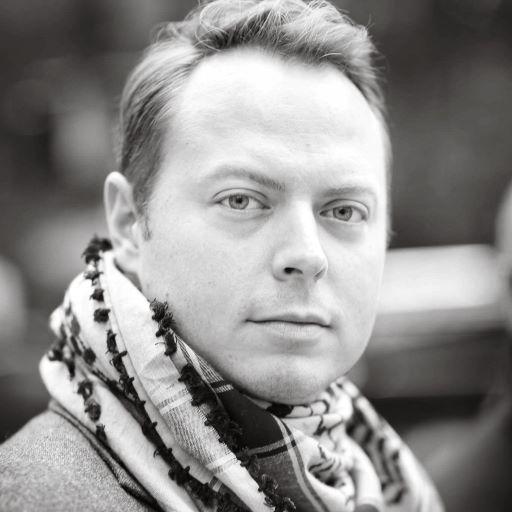 John Kluge
John Kluge
John Kluge is a social entrepreneur and impact investor dedicated to building more sustainable, just, and inclusive economies.
He is the Founder of the Refugee Investment Network (RIN), the first impact investing and blended finance collaborative dedicated to long-term solutions to forced migration. At the RIN, John has co-led the development of strategy, programs, and partnerships that are building the field of ‘refugee and migration lens' investing.
He recently launched a new, nature-based social venture, Thistlerock Mead Company (TMC) which combines ancient honey wine fermentation practices with modern regenerative agriculture to protect pollinators and conserve native ecosystems while supporting the livelihoods of veteran, women, and refugee beekeepers in the U.S. and in emerging markets around the world.
John has served as trustee for Babson College where he helped lead the investment committee's first exploration of ESG and DEI efforts, and currently serves as an Advisor to the Milken Center for Advancing the American Dream, as a Director for the New Hill Development Corporation, and is an active member of the American Mead Makers Association. He is the co-author of the book, Charity & Philanthropy for Dummies (Wylie, 2013), the author of John Kluge: Stories (Columbia University Press, 2008) and has written about the intersection of business and social impact for Forbes and Conscious Company Magazine. Kluge holds a B.A. from Columbia University and an MBA from the Babson F.W. Olin Graduate School of Business.
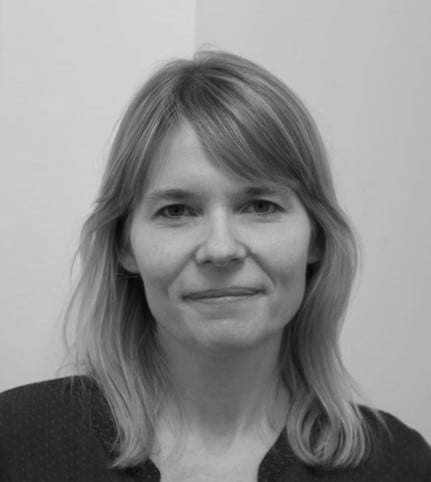 Camilla Waszink
Camilla Waszink
Camilla Waszink is currently NRC’s Executive Director of Partnerships and Policy, leading the organization’s global advocacy and humanitarian policy work and its partnerships with institutional donors, UN agencies and NGOs. Waszink was previously Chief of Staff to Jan Egeland, Secretary General of the Norwegian Refugee Council (NRC) and continues as a member of NRC’s Senior Management Group.
Before joining NRC, she was Programme Director at the International Law and Policy Institute and has previously held positions as an adviser to the International Committee of the Red Cross, the Norwegian Red Cross and the Norwegian Centre for Conflict Resolution. Waszink has also worked as a researcher and consultant, including for the Norwegian Ministry of Foreign Affairs, the Small Arms Survey and the Centre for Humanitarian Dialogue. She has published extensively on protection of civilians, international humanitarian law, arms control and disarmament.



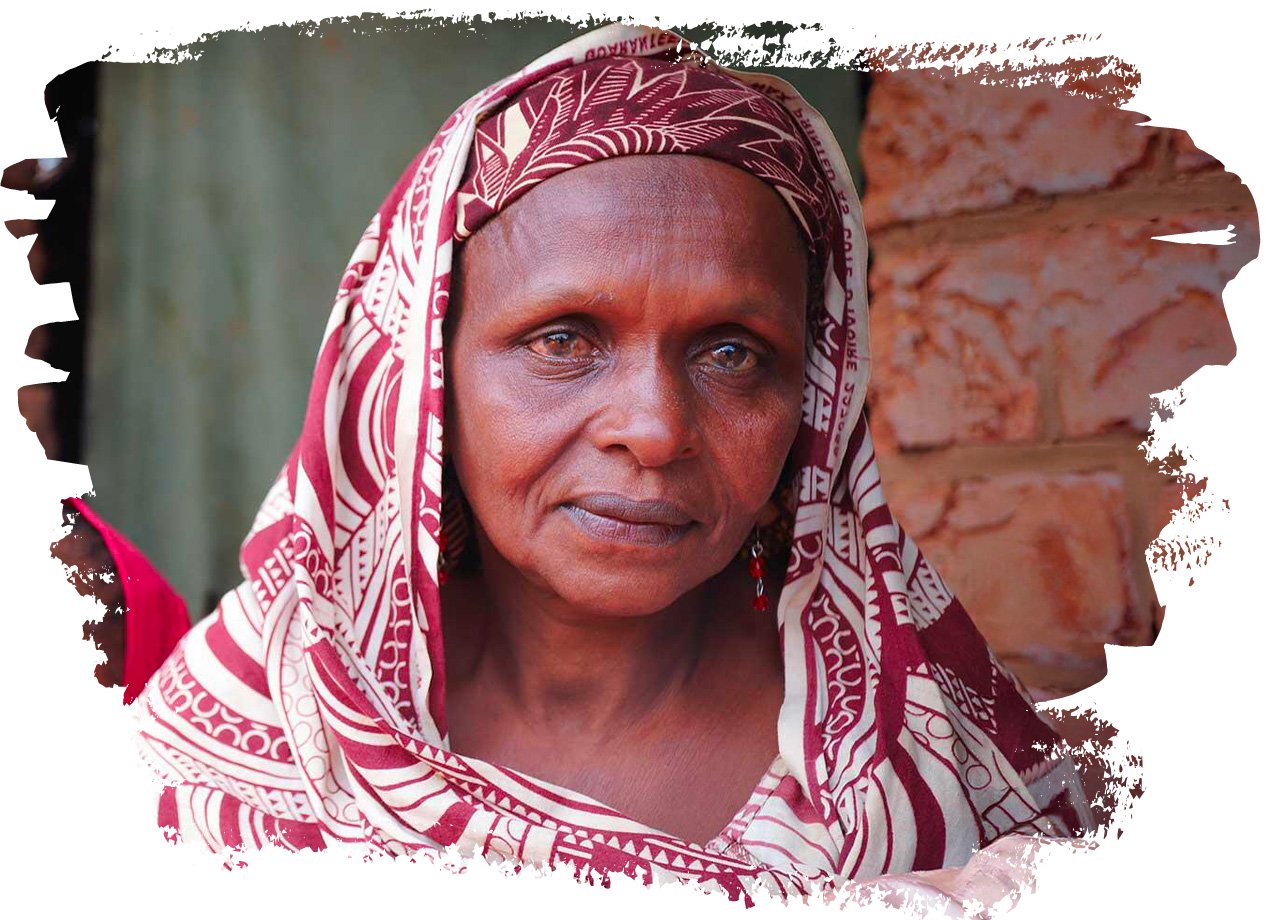
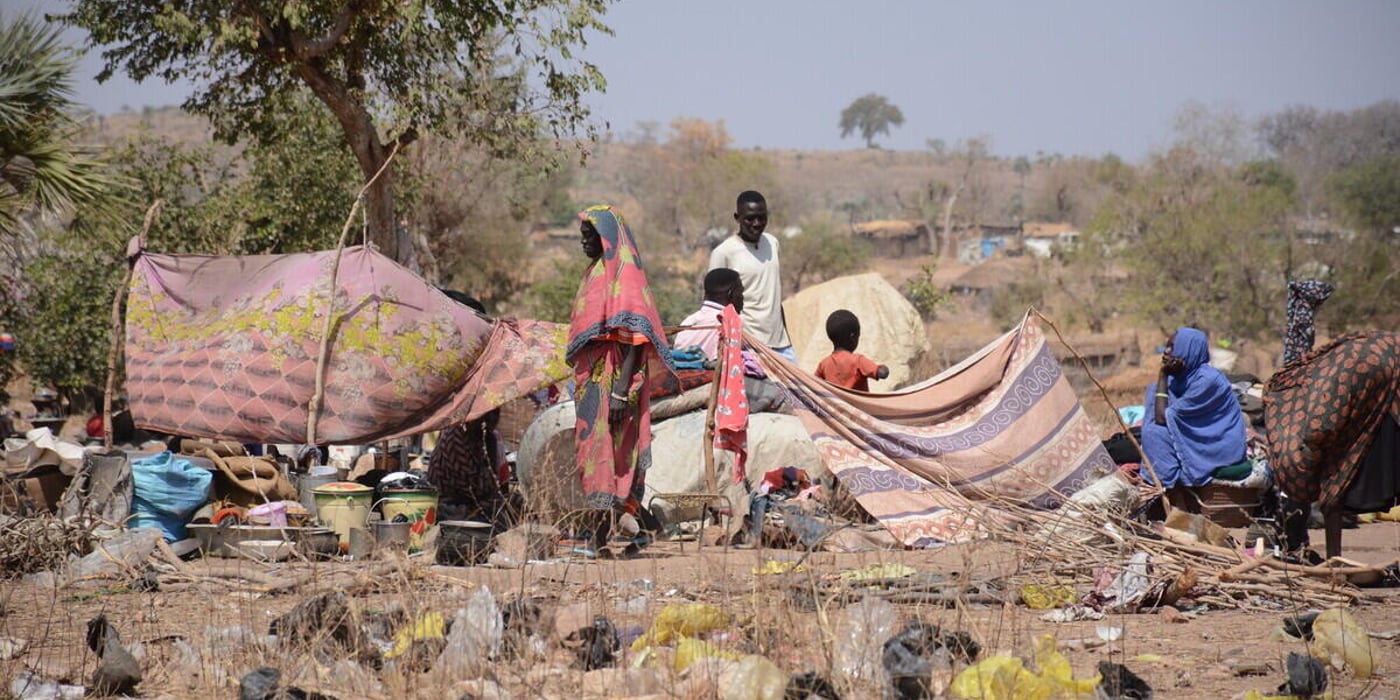
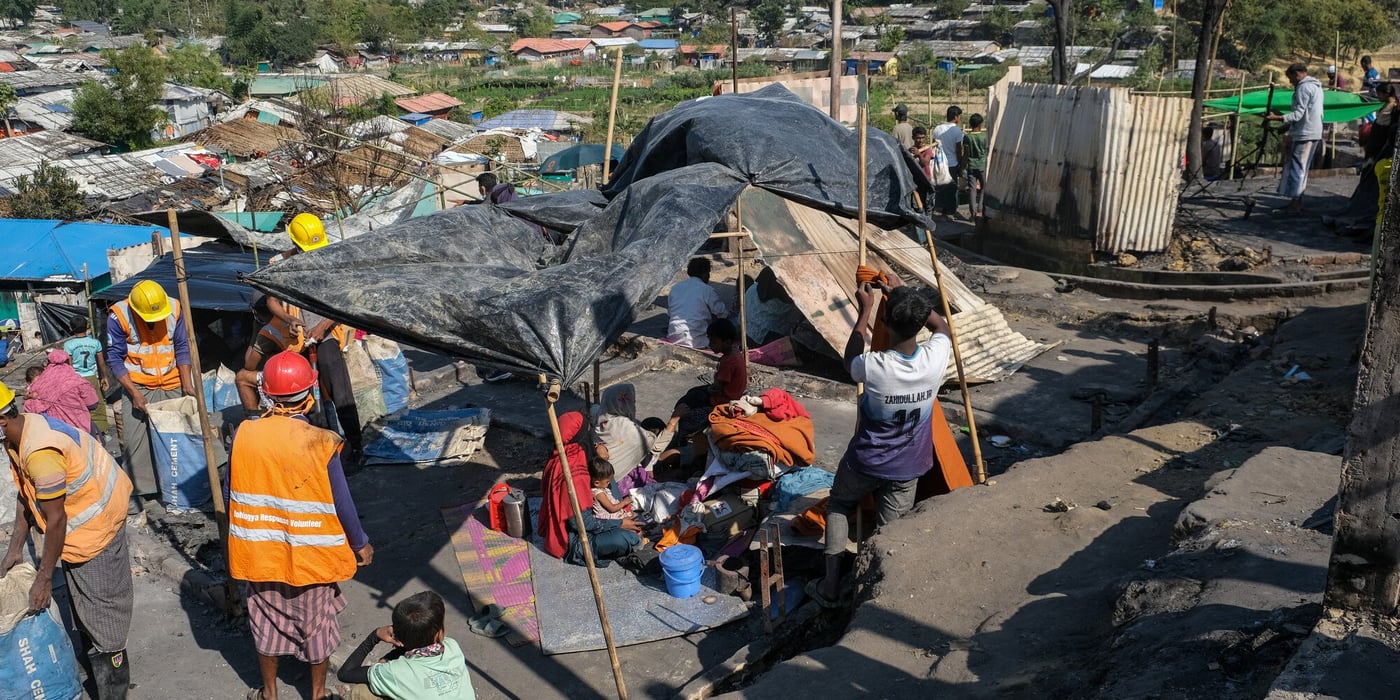
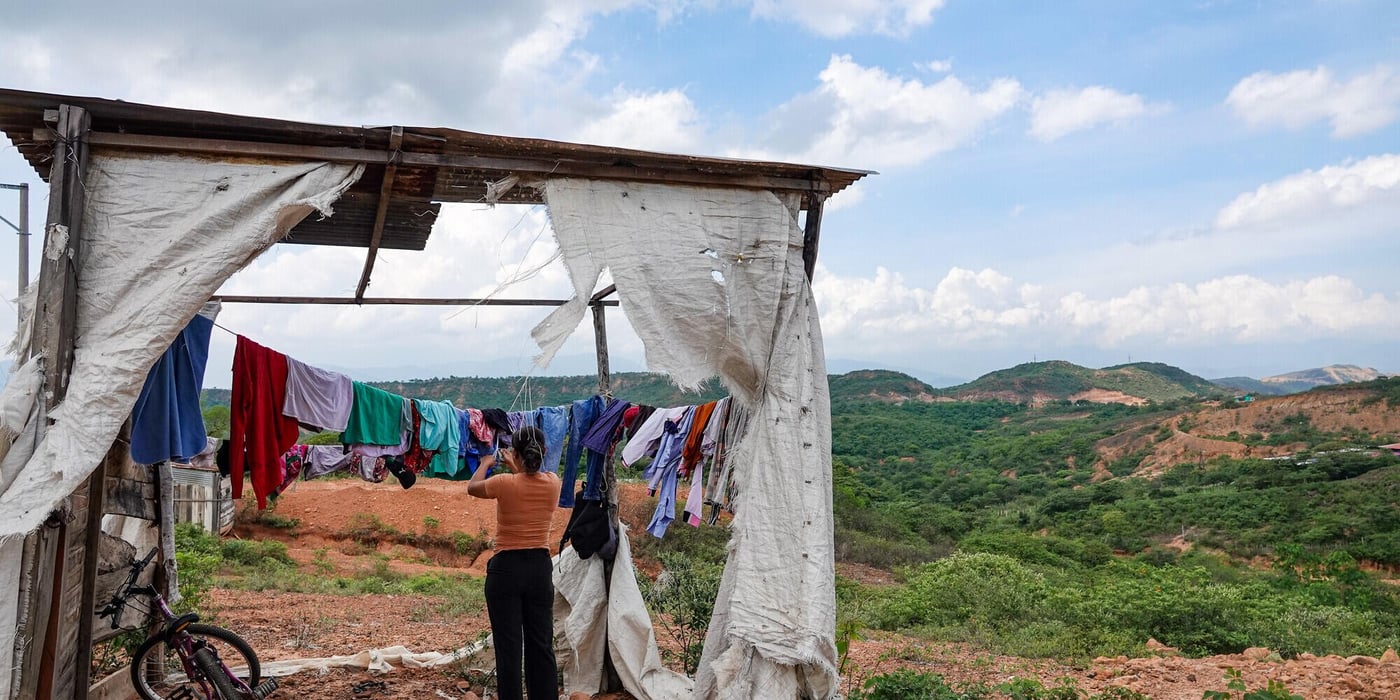
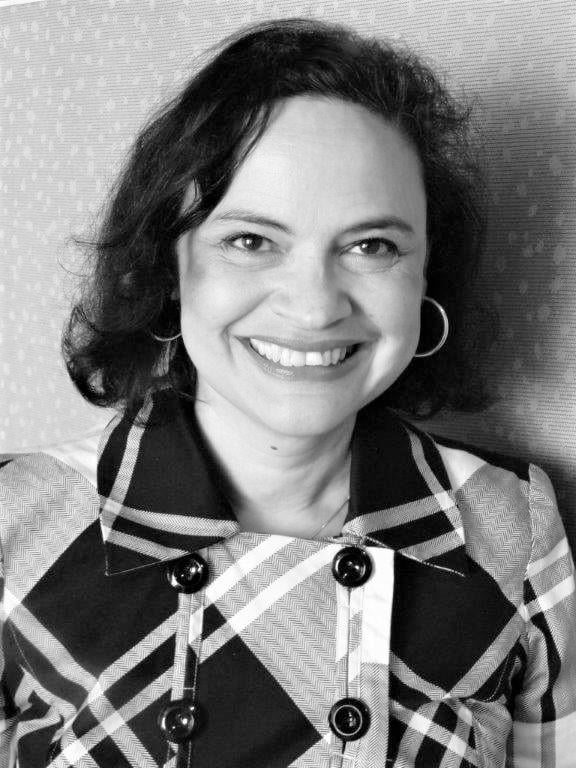
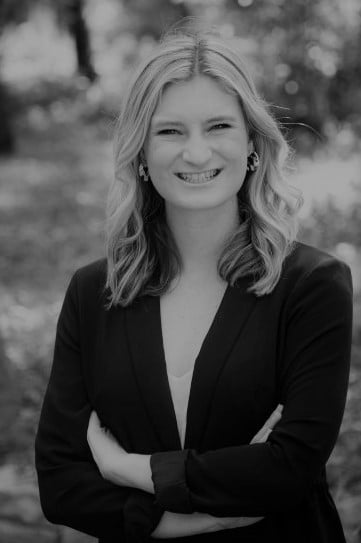
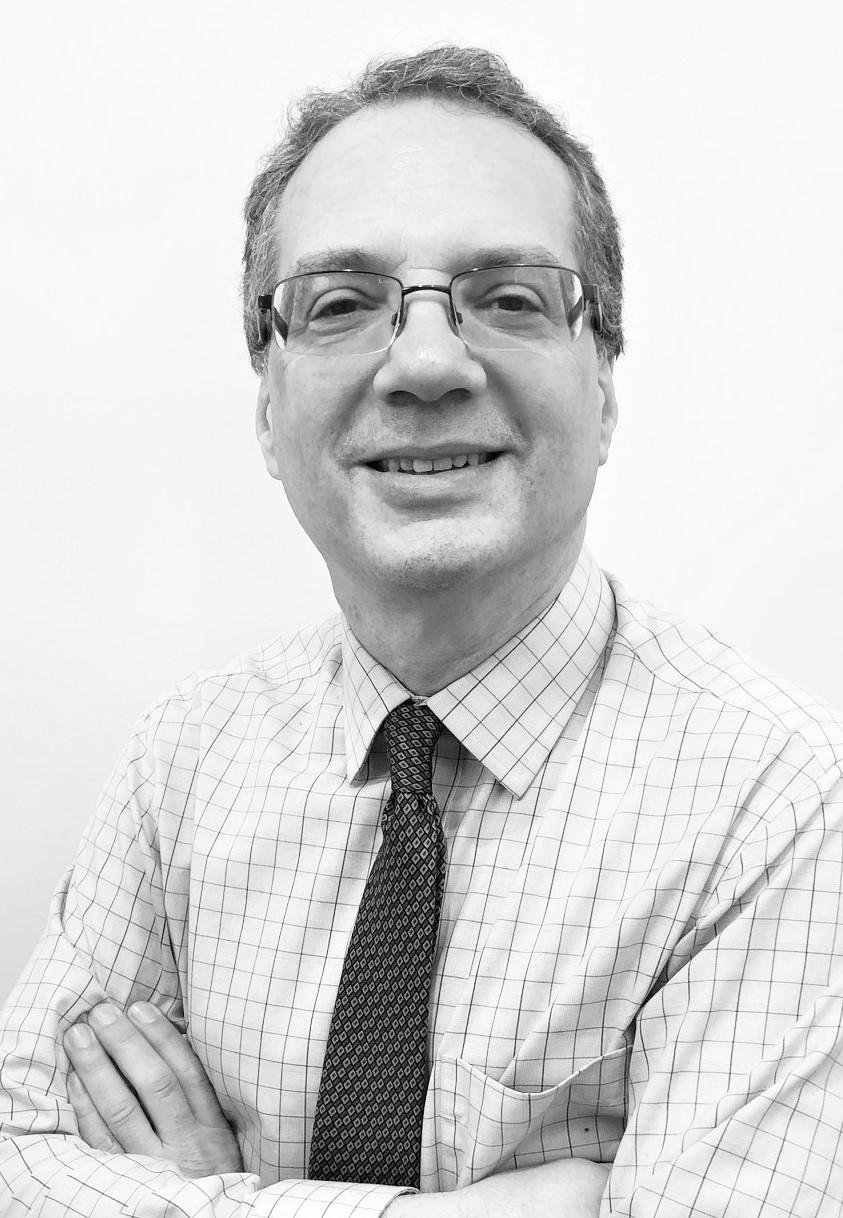
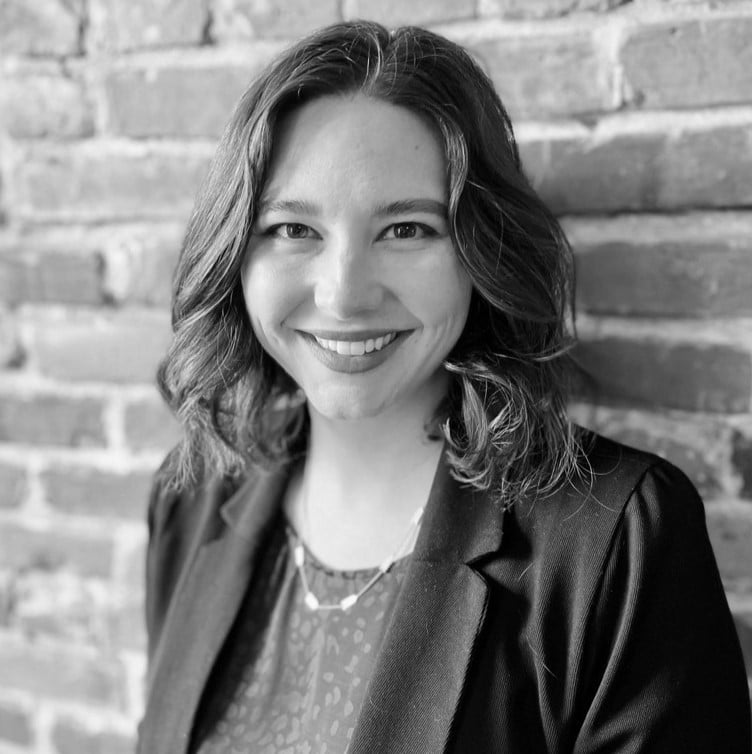
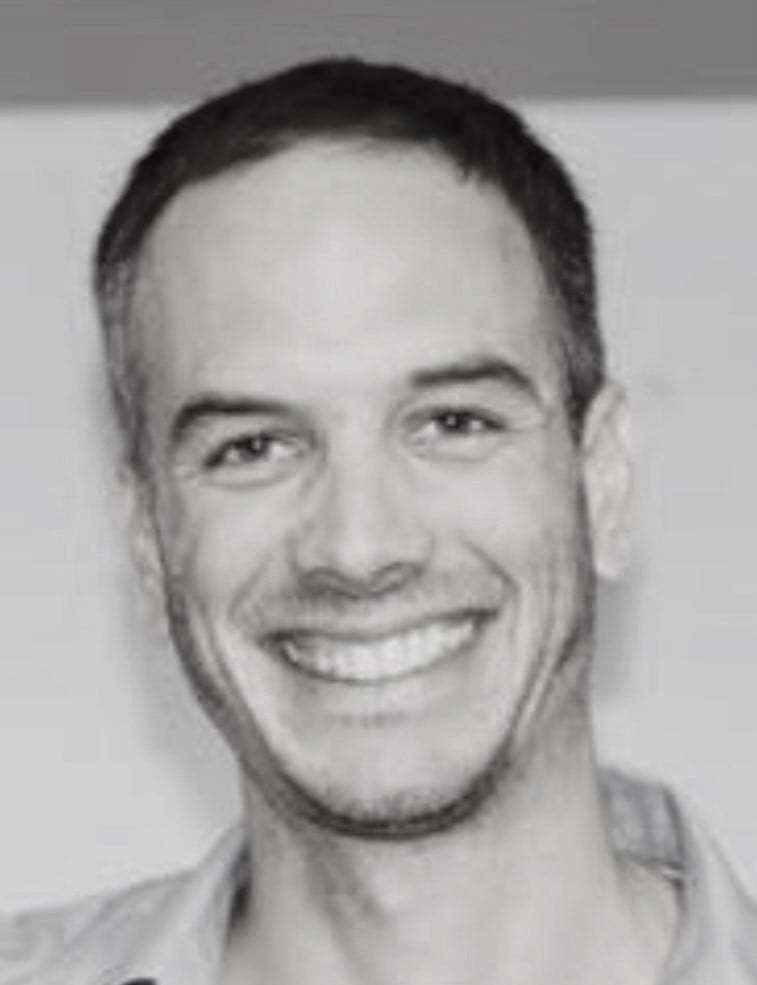
 Carla Koppell
Carla Koppell Born in Akobo, South Sudan 42 years ago, Ger Duany is a self-described “village boy”. He remembers his early childhood as a herd boy tending his family’s cattle in the ways of his forefathers. Recollections of roaming vast grassy plains in search of pasture, and of playing in the waters of the White Nile are etched in his memory.
Born in Akobo, South Sudan 42 years ago, Ger Duany is a self-described “village boy”. He remembers his early childhood as a herd boy tending his family’s cattle in the ways of his forefathers. Recollections of roaming vast grassy plains in search of pasture, and of playing in the waters of the White Nile are etched in his memory. Brian Komar
Brian Komar Ambassador Mark C. Storella (ret.)
Ambassador Mark C. Storella (ret.) John Kluge
John Kluge Camilla Waszink
Camilla Waszink